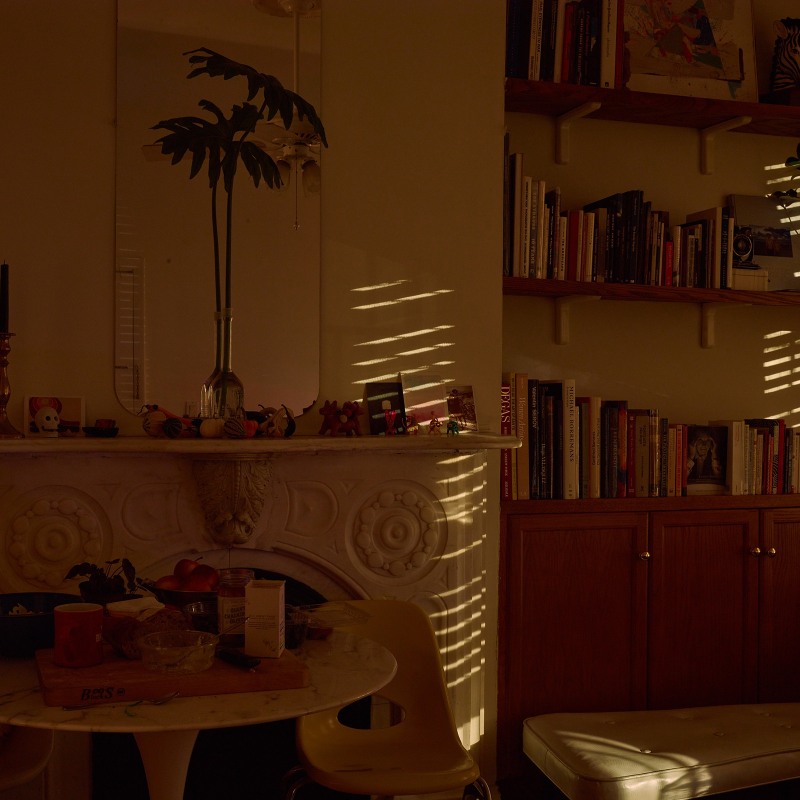Three Shadows +3 Gallery will present ‘An Ordinary Evening in New Haven: Chen Ronghui Solo Exhibition’ between 7 October and 4 December, featuring Chen Ronghui’s photography works created during his stay in the United States from 2019 to 2022. The series is to be showcased in Mainland China for the first time.
Inspired by the poem of the same name written in 1949 by American modernist poet Wallace Stevens, Chen Ronghui's 'An Ordinary Evening in New Haven' is a narrative about light and memory, and an exploration of the night and state of mind.
In 2019, Chen Ronghui left his homeland, where he had lived for 30 years, for his enrollment at Yale University in New Haven, U.S. When he first arrived in the city, he was concerned about nighttime security in the local area. After a long day at school or at his studio, he would jog back to his rented apartment while constantly praying for his safety on the way. His shortness of breath and permeating anxiety upon getting home usually resulted in him directly sinking into the sofa without even turning on the lights. It was exactly in this moment of tranquility that the street lights quietly passed through his window, with elegant and shimmering gleams casting the dim walls—attaching a sense of aesthetic to the bleak shadows in the room. Such a scene of great charm seemed to appear only in Chen's childhood memory: living with his grandparents in the countryside of Zhejiang Province, the young Chen was full of curiosity about nature in darkness. As their thrifty lifestyle made his grandparents reluctant to turn on the lights when night fell, Chen would lean against the window, with the quiet moonlight and flickering fireflies enlightening his path through exploring the world of the surroundings.
While light and shadow brought Chen's nostalgic childhood back from the past, there were also dark corners, where the shimmer was not able to reach. This served as an inspiration for him to observe the terrifying silence and crisis that happened during his four-year student life. Due to the outbreak of COVID-19 in the U.S., Anti-Asian hate attacks had seen a sharp rise in the New Haven community. University alerts from time to time regarding crime details and public safety had further shrouded Chen in omnipresent anxiety and fear, at a time when he was already being quarantined at home. These attacks were committed within a few days, among which some had occurred just within walking distance from Chen's apartment. The fragments of these street views retrieved from Google maps cast through every corner of Chen's apartment. It shaped a phantom-like reflection in clear confrontation to the surface of everyday objects in the darkness surrounding the room—a portrayal of Chen's mentality when floods of social chaos crept into his peaceful life.
In Wallace Stevens' 'An Ordinary Evening in New Haven', his seemingly endless meditation on the 'real' and 'unreal' can be somehow echoed in Chen's photography. Day after day in the dim-lit room, immersing himself into memory and imagination, with his thoughts drifting between light and shadows, life in New Haven for Chen Ronghui was to be a testimony of 'everything as unreal as real can be'.
